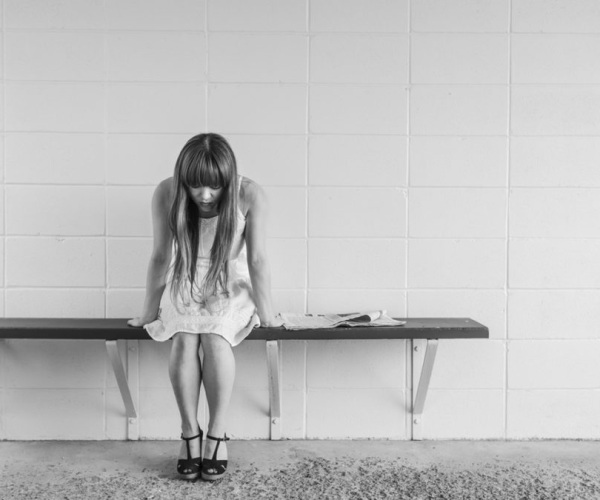Am I depressed?

From time to time we all get down, experiencing sadness is a normal and natural part of being human. It is most certainly a myth that we should be happy all of the time, despite what the media tries to portray to us. But how can you tell when sadness has hung around just a little too long? How can you tell if your sadness has turned into depression?
You may be depressed if, for more than two weeks, you’ve felt sad, down or miserable most of the time or have lost interest or pleasure in usual activities.
There are a number of signs and symptoms of depression. Depression can affect our behaviour, feelings, thoughts and physical body in the following ways:
Behaviour
- not going out anymore
- not getting things done at work/school
- withdrawing from close family and friends
- relying on alcohol and sedatives
- not doing usual enjoyable activities
- unable to concentrate
Feelings
- overwhelmed
- guilty
- irritable
- frustrated
- lacking in confidence
- unhappy
- indecisive
- disappointed
- miserable
- sad
Thoughts
- ‘I’m a failure.’
- ‘It’s my fault.’
- ‘Nothing good ever happens to me.’
- ‘I’m worthless.’
- ‘Life’s not worth living.’
- ‘People would be better off without me.’
Physical
- tired all the time
- sick and run down
- headaches and muscle pains
- churning gut
- sleep problems
- loss or change of appetite
- significant weight loss or gain
It’s important to remember that we all experience some of these symptoms from time to time, and it may not necessarily mean you’re depressed. Equally, not everyone who is experiencing depression will have all of these symptoms. But if you were able to tick off a number of these symptoms you may want to consider seeking help.
There is effective treatment available for depression. You don’t have to suffer alone. Depression can make you think that it’s all hopeless and there is no point but that’s just the depression talking. We are here to tell you that there I hope. Clinical Psychologists like our team at Prosper Health Collective can help in offering solutions to your struggle. We use treatments such as Cognitive Behavioural Therapy (CBT) and Acceptance and Commitment Therapy (ACT) to help our clients find their way out of depression. Contact us today should you require assistance with depression.